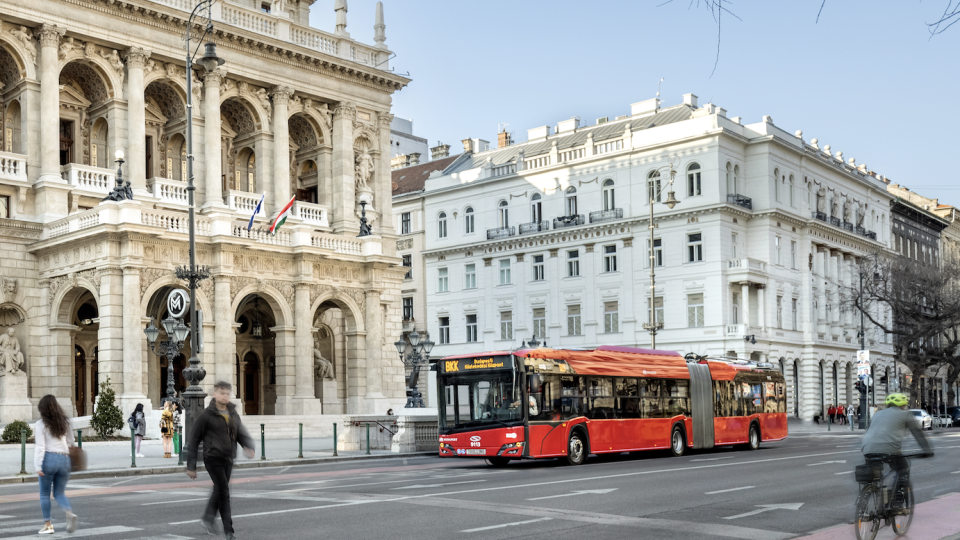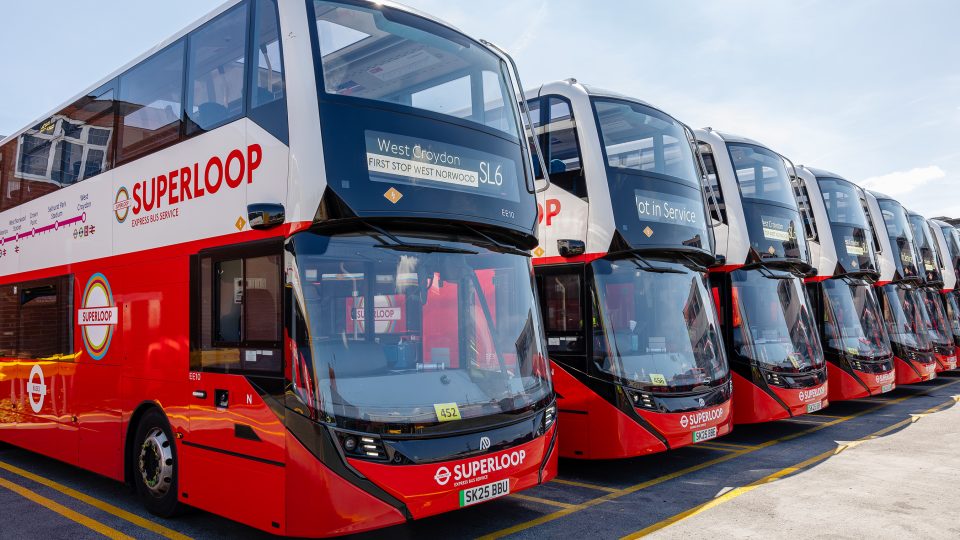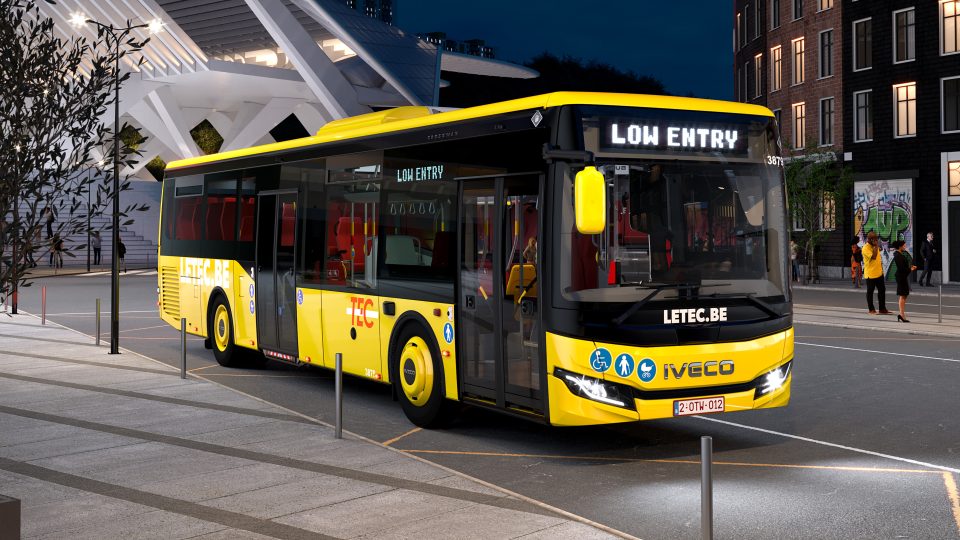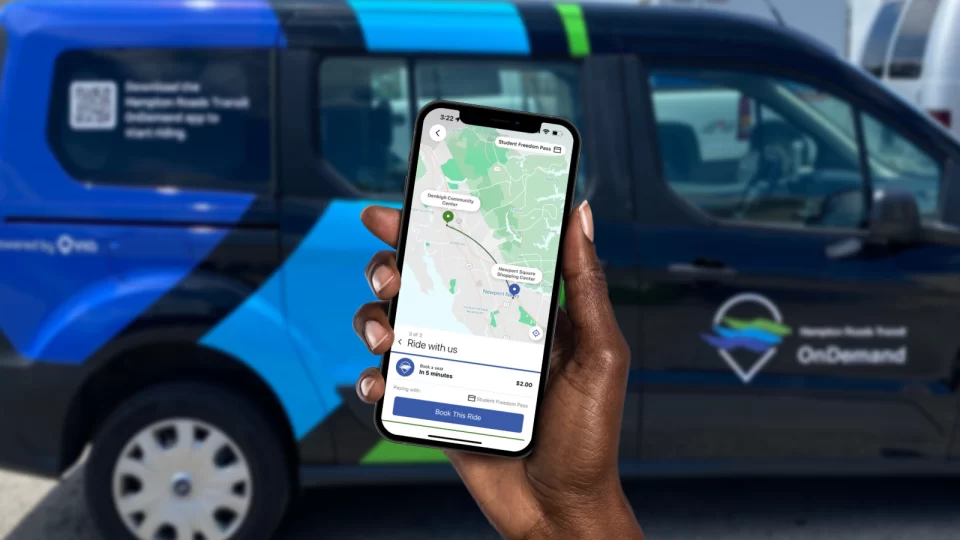Historical Brixton Tramshed depot in London to be powered with Hitachi Energy Grid-eMotion fleet system (a partnership with Arriva and Zenobe)
Hitachi Energy has been commissioned a Grid-eMotion fleet system to electrify Arriva’s Brixton Tramshed depot in south London. The same system has just been awarded an order in Berlin. Launched in mid-2020, the depot-based charging solution was also ordered in Swedish Västerås, where a batch of e-buses from Volvo has been launched. Infrastructure’s provider Hitachi Energy has supported […]
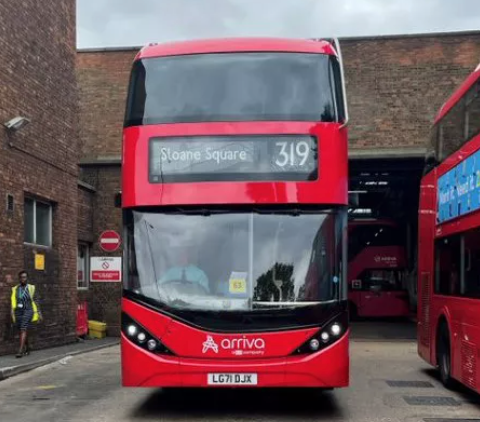
Hitachi Energy has been commissioned a Grid-eMotion fleet system to electrify Arriva’s Brixton Tramshed depot in south London. The same system has just been awarded an order in Berlin. Launched in mid-2020, the depot-based charging solution was also ordered in Swedish Västerås, where a batch of e-buses from Volvo has been launched.
Infrastructure’s provider Hitachi Energy has supported the web event Powering the future of public transport, part of the Sustainable Bus Tour, that was broadcasted on 17th March (**REPLAY IS AVAILABLE**).
Brixton Tramshed depot to be electrified
Arriva recently replaced half of the 44 double-decker buses at its Brixton Tramshed depot in south London with new electric vehicles. The original Tramshed at Brixton dates back to 1892 and the depot has limited space and structurally does not support overhead charging infrastructure. With a traditional charging solution, Arriva would lose seven parking spaces, a sixth of its Brixton Tramshed fleet, and be unable to charge all the vehicles overnight, Hitachi Energy explains.
In September 2021 the Mayor of London, Sadiq Khan, announced that all new buses ordered by Transport for London (TfL) for the capital will now be zero-emission. In this way, according to plans, a fully zero-emission bus network can be delivered by 2034 or potentially earlier subject to government funding.
Zenobe, Arriva, Hitachi Energy
Zenobē, Arriva’s solution provider to electrify the Brixton Tramshed depot, chose Hitachi Energy’s Grid-eMotion Fleet, a complete grid-to-plug smart charging solution for bus and commercial vehicle fleets.
The system connects to any type of power network – AC, DC, low or medium voltage – and provides a seamless charging system with a wide choice of charging interfaces. It is ideal for urban bus depots that operates under severe space constraints. Comprising a modular high-powered charging system and grid connection within a very compact footprint, it requires up to 60 percent less space and 40 percent less cabling than alternative solutions, the provider says.
This is thanks to three solution differentiators: DC charging technology, which is much more compact than AC; slimline charging pedestals, each of which charges two vehicles; and modularity – the modules can be housed either in one cabinet or placed separately wherever there is space.
As the overall solution provider, Zenobē financed the solution and provided Arriva with smart charging software and a risk-free battery replacement agreement.
“We’re proud to have partnered with Arriva and found solutions to several constraints to electrify the Brixton depot,” said Steven Meersman, Zenobē Co-founder and Director. “The 22 e-buses in operation are now helping to clean the local air and tackle climate change.”
“We are honored to have delivered our uniquely compact smart fleet-charging infrastructure to help make London’s iconic double-decker buses emission-free.” says Niklas Persson, Managing Director of Hitachi Energy’s Grid Integration business. “As an e-mobility technology leader, we are committed to accelerate the electrification of transport to enable cities and countries to meet their net-zero emission targets.”




